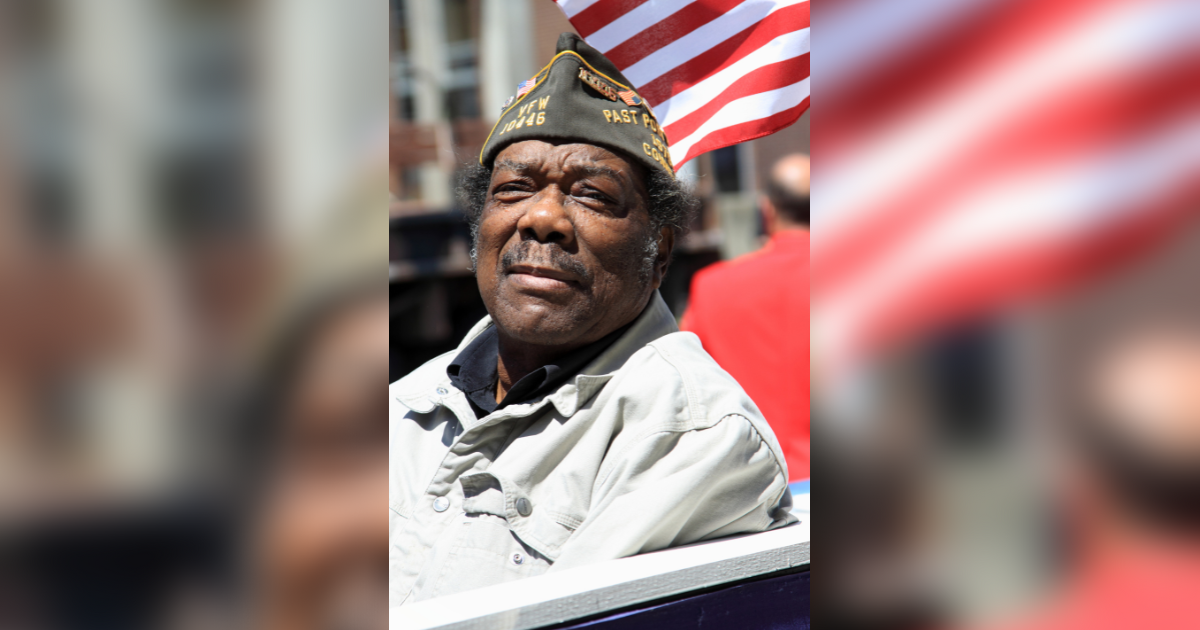By Stephanie Kalota | Founder, Veteran Legislative Voice
As far as we know, this current Congressional session will end by mid-December, and then we would be in a new Congressional session with those that won in this past midterm election. What we do know is that the Republican Party won the majority of the House, and the Democrats maintained the majority in the Senate. For those that don’t know, the majority of bills need at least 60 votes to pass in the Senate. So, if any Democrat-backed bills need to pass in the next Congressional session, they need as many votes as they can get. If this sounds partisan, it’s because only Democrats have introduced and co-sponsored any bill that would provide restitution to Black World War II veterans and their families. Not only that, but Senator Raphael Warnock also had one bill (Senate Bill 1031) become law to require the U.S. Comptroller General to conduct a study on disparities associated with race and ethnicity concerning certain benefits administered by the Secretary of Veterans Affairs.
Last year, Senator Warnock also introduced Senate Bill 3210; Sgt. Isaac Woodard, Jr., and Sgt. Joseph H. Maddox GI Bill Restoration Act of 2021. This is a bill to restore education and home loan benefits to the Black World War II veterans that were denied their benefits due to their race. This bill has yet to come out of committee, but there are ongoing discussions on whether to move forward on the bill as is or separate the two benefits into their individual bills. With all this progress and work, the last thing that is needed is to replace Senator Warnock.
So why is it important to pass a law that would pay restitution for Black World War II veterans and their families? Shortly after the U.S. participated in D-Day during World War II, President Franklin D. Roosevelt signed the Servicemen’s Readjustment Act of 1944, otherwise known as the GI Bill. This bill provided World War II veterans with funds for college education, unemployment insurance, and housing. But unfortunately, not all veterans were able to access the benefits offered. While more than one million Black men and women served during World War II, very few were allowed to use them.
First off, in World War II, Black service members had a greater chance of being dishonorably discharged than their white comrades; for example, between August and November 1946, Black service members were dishonorably discharged at a rate of 39 percent versus white service members at 21 percent. This type of discharge strips a service member of their earned benefits. Then for those that had been discharged honorably, things did not get much easier. Black World War II veterans must get their education benefits approved by local VA offices and by mostly white-run financial institutions, which is where they were often denied. It has been found that during 1947, in 13 Mississippi cities, only 2 of the 3,200 VA loans were approved for Black veterans. In the same year in New York and New Jersey, only 100 of 67,000 VA loans were approved for non-white veterans.
As far as education benefits, only 6 percent of Black World War II veterans earned a college degree, compared to their white counterparts with 19 percent. In the South, all Black residents could only have access to about a hundred educational institutions due to segregation. With the influx of new eligible college students, these schools were overwhelmed by the demand and were not properly funded to expand to meet the need.
In a joint press release with Representatives James Clyburn and Seth Moulton, Senator Warnock stated, “Black service members fought valiantly in Europe and the Pacific for freedom from tyranny, with the hope that their patriotism would be greeted with equality and opportunity once they returned home. Racial inequity in how the immense benefits of the original GI Bill were disbursed is well-documented, and we’ve all seen how these inequities have trickled down over time, leaving Black World War II veterans and their families without what they earned through service and sacrifice. The GI Bill Restoration Act represents a major step toward righting this injustice and repairing the economic harms experienced by Black WWII veterans and their families, as a result of discrimination and will help ensure their descendants can access the full range of GI Bill benefits that they earned through their heroic service.”
These situations created lasting effects on the families of Black veterans. The purest example is to look at the wealth gap from the 2019 Census: $76,057 for white households, and $46,073 for Black households. This is why the Georgia run-off election is so important, it is vital to keep one of the main advocates, Senator Raphael Warnock, in office to ensure the passage of this important bill.
Now, what can you do to help? Contact your congressmen to demand that they co-sponsor and vote for House Bill 5905 or Senate Bill 3210. If you are a Black World War II veteran, surviving spouse of one, or descendent of one, contact your congressmen to do the same. You can also give a personal statement about how the denial of benefits affected you and your family to Representatives Moulton and Clyburn, as well as Senator Warnock. If you know of anyone else that was impacted by the denial of benefits, pass along this article.
For contact information on a House Representative: https://www.house.gov/representatives
For contact information on a Senator: https://www.senate.gov/senators/senators-contact.htm






